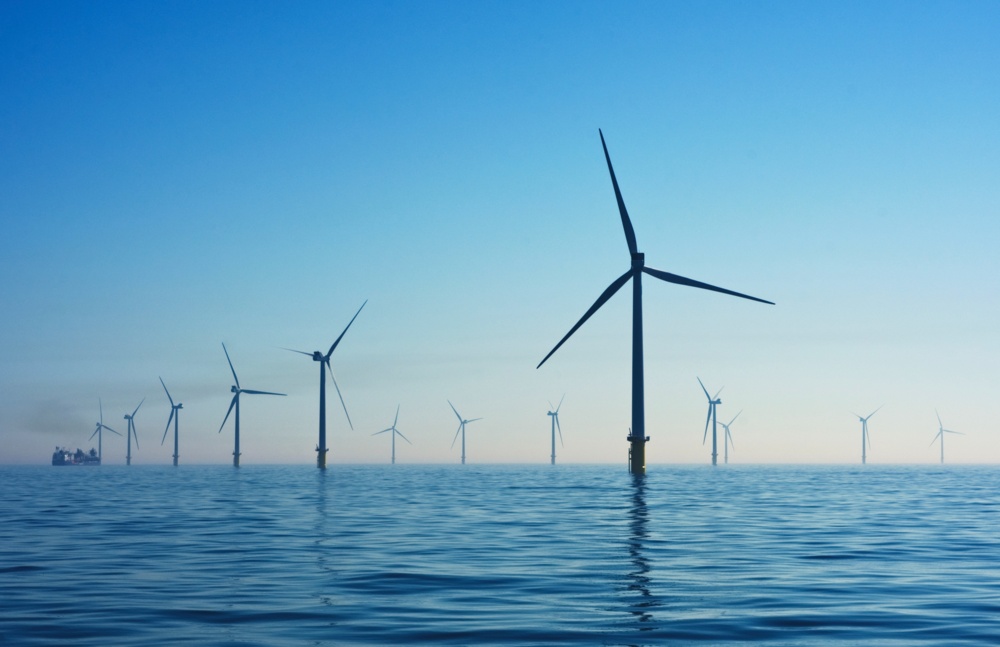
The UK must be more ambitious in getting to net zero
The UK Committee on Climate Change have released their recommendations for a net zero UK by 2050. It is a colossal missed opportunity. The commitment to tree planting is exceptionally weak and ecologically incoherent – it aims to raise the percentage of forest cover in the UK to 17% from 13%, so just over 1% more tree cover per decade to 2050.
It assumes that trees cannot grow at all in places where commercial forestry cannot happen, and sees the purpose of forests as being plantations to burn. We know that plantations store 40 times less carbon than natural forests even if we don’t burn them. This means the CCC are setting us up for an approach which will fail our own generation, let alone future ones, on both climate change and biodiversity.
The tree planting targets are just one example of the myopic, toothless approach to the inseparable crises of biodiversity and climate breakdown which characterises this report. There is not one mention of natural solutions, nor of rewilding and restoration and the fundamental role these tools must play in restoring biodiversity and locking up carbon sustainably. Existing land-use strategies are failing – nature is in collapse across Europe – it is time to be brave.
In some cases matching the recommendations of the CCC would actually mean slowing down the progress we are currently making. For example if meat consumption drops to their suggested level there will be a 10% drop in sheep and cattle numbers by 2050, but they have fallen 20% since 2000.
There is an occasional glimmer of hope. A recommendation on tackling peatland burning is welcome. The rate of change they recommend might have been positive had we kicked off their proposed model in 1990. But it is too late now. The UN says ‘we need to catch up on the years we procrastinated’ and cut emissions by over 7% a year from now. This set of recommendations offers nothing for our climate, our biodiversity, or our shared future.
SIGN UP FOR OUR EMAILS AND STAY UP TO DATE WITH EJF